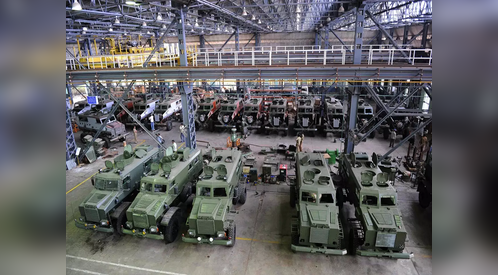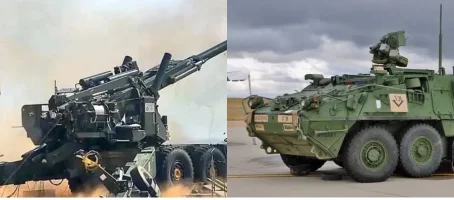- Views: 548
- Replies: 11

The Indian government's ambitious "strategic partnership" policy, aimed at revitalizing the defence sector through private sector participation and foreign collaboration, is facing significant hurdles in its implementation.
While the policy seeks to enhance India's defence production capacity by combining domestic capabilities with advanced foreign technologies, private companies are hesitant to fully embrace this initiative due to several key challenges.
Financial and Operational Risks Deter Private Participation
One of the primary concerns for private firms is the inherent complexity and high-risk nature of Indian defence projects. These projects often entail substantial upfront investments, lengthy development cycles, and uncertain market conditions.The government's preferred model of using Special Purpose Vehicles (SPVs) exacerbates these risks by placing a considerable financial burden on private entities. Establishing and managing an SPV demands significant resources, which can be daunting for companies facing an uncertain return on investment.
Stringent Regulations and Price Controls Squeeze Profit Margins
The regulatory landscape for defence contracts in India is another major deterrent for private companies. Stringent government regulations and price controls significantly impact profit margins.Strict compliance requirements and price caps limit the financial viability of defence projects, making it challenging for private firms to achieve satisfactory returns. The long-term nature of these projects further complicates the issue, as recouping investments can be a slow and arduous process.
Bureaucratic Hurdles and Uneven Playing Field Discourage Investment
Navigating India's complex defence procurement bureaucracy is another major challenge. Obtaining necessary approvals and clearances is often a time-consuming and cumbersome process, leading to delays and cost overruns.Moreover, concerns about a level playing field persist, with state-owned defence enterprises often perceived to receive preferential treatment. This uneven playing field can discourage private companies from competing in the sector.
Lack of Long-Term Planning Creates Uncertainty
The absence of long-term planning and consistent order commitments in the Indian defence sector adds another layer of uncertainty. Private companies need a clear vision of future orders and production volumes to justify their investments.However, the lack of guaranteed future orders makes it difficult for them to assess project viability and plan accordingly.
The Way Forward: A More Conducive Environment for Private Participation
While the strategic partnership policy holds immense potential to boost India's defence production capabilities, the current implementation model, particularly the reliance on SPVs, needs to be reevaluated. To encourage greater private sector participation, the government should consider streamlining the approval process, ensuring a level playing field for all players, and providing clearer long-term plans and order commitments.Additionally, addressing the financial and operational risks associated with defence projects could make the sector more attractive to private investment.
By fostering a more conducive environment for private participation, India can unlock the full potential of its defence sector and achieve greater self-reliance in defence production.





